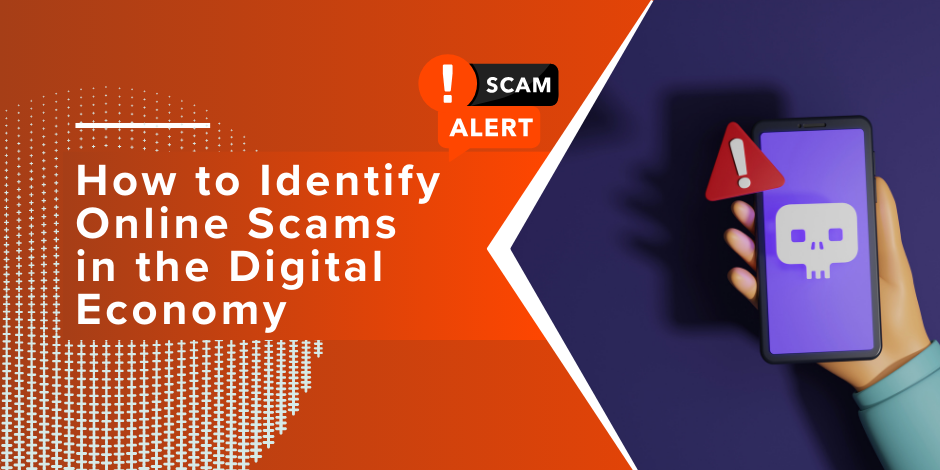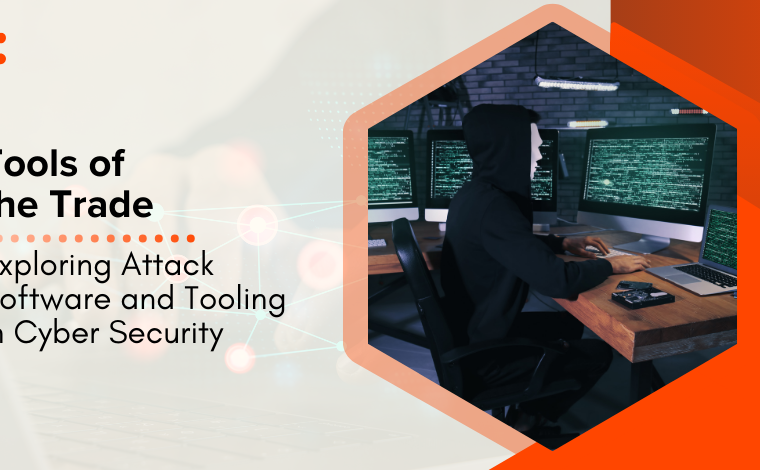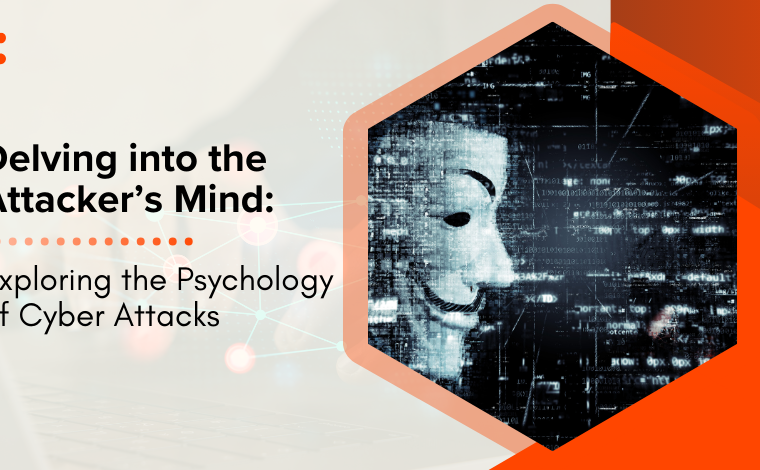How to Successfully Identify Online Scams in the Digital Economy

Stay Informed With Our Weekly Newsletter
Receive crucial updates on the ever-evolving landscape of technology and innovation.
As the digital economy grows and evolves, so does the sophistication of online scams.
These scams can cause severe financial and emotional distress, making it critical to understand how to identify them.
This guide will provide the necessary knowledge to protect yourself from online scams in the digital economy.
Understanding the digital economy

The digital economy refers to an economic environment based on digital computing technologies.
It encompasses all aspects of our society, from how we shop and bank to how we communicate and work.
As our reliance on the digital economy increases, so does the potential for online scams.
Online scams in the digital economy are fraudulent schemes that trick individuals into parting with their money or personal information.
They can take many forms, from phishing emails and fake websites to online auction fraud and identity theft.
The goal of these scams is to exploit the trust and naivety of individuals for financial gain.
The prevalence of online scams
Online scams in the digital economy are increasingly prevalent.
According to recent Singapore Police Force reports, Singaporeans lost SD $651.8 million to scams in 2023.
The rise in online scams in the digital economy can be attributed to several factors:
- The digital economy has made it easier for scammers to reach many people quickly and cheaply.
- The anonymity provided by the internet allows scammers to operate with relative impunity.
- The complexity and sophistication of online scams have increased, making them harder to detect and avoid.
Online scams in the digital economy: how to identify a scam

Identifying online scams in the digital economy can be challenging due to their ever-evolving nature.
However, several tell-tale signs can help you identify a scam.
Firstly, unsolicited contact is a common characteristic of online scams.
Be wary if you receive an unexpected text message, email, or phone call from a company or individual you do not know.
Scammers often use this tactic to initiate contact and gain your trust.
Recognising phishing emails and websites
Phishing is an online scam where scammers impersonate a legitimate company or organisation to trick individuals into revealing their personal information.
Websites and phishing emails often look very similar to the real thing, making them difficult to identify.
However, several signs can help you spot a phishing scam.
For example, the email or website may contain poor grammar and spelling, or the URL may look slightly different from the legitimate one.
Additionally, phishing emails often create a sense of urgency, encouraging you to act quickly to avoid negative consequences.
Identifying online auction fraud
Online auction fraud is another common type of online scam.
It involves scammers listing items for sale on online auction sites but never delivering the goods once payment has been made.
Signs of online auction fraud include sellers who insist on immediate payment, refuse to meet in person, or only accept payment through specific methods.
Additionally, be wary of items listed at a much lower price than their market value, as this is often too good to be true.
Protecting yourself from online scams

While identifying online scams is crucial, knowing how to protect yourself is equally important.
You can take several steps to safeguard your personal and financial information in the digital economy.
Secure your personal information
One of the most effective ways to protect yourself from online scams is to secure personal information.
This includes regularly updating your passwords, using two-factor authentication, and being cautious about the information you share online.
Remember, legitimate companies will never ask for your banking details or password via email or text.
If you receive such a request, it is likely a scam.
Use secure payment methods
When making online purchases, always use secure payment methods, such as credit cards and secure online payment services.
Avoid using direct money orders or bank transfers, as these methods do not offer the same level of protection.
Additionally, always check that the website you are using is secure.
Look for a padlock symbol in the address bar and ensure the website address begins with ‘https’ rather than ‘http’.
Stay informed
Staying informed is one of the best defences against online scams in the digital economy.
Keeping up-to-date on the latest online scams is an effective and necessary way to protect yourself.
Regularly check scam watch websites and sign up for scam alerts.
The more you know about online scams, the better equipped you will be to identify and avoid them.
Conclusion
Remember, a good rule of thumb when looking for online scams in the digital economy is: if something seems too good to be true, it probably is.
Always do your research and trust your instincts.
By doing so, you’ll be equipped to navigate online scams in the digital economy safely and confidently.
Are you ready for a career in cyber security?
The Institute of Data’s Cyber Security Program equips you with cutting-edge technology and practical know-how taught by industry professionals.
Join us for a supportive community and like-minded connections to boost your career options in this ever-evolving tech arena.
Want to learn more about our programs?
Our local team is ready to give you a free career consultation. Contact us today!




